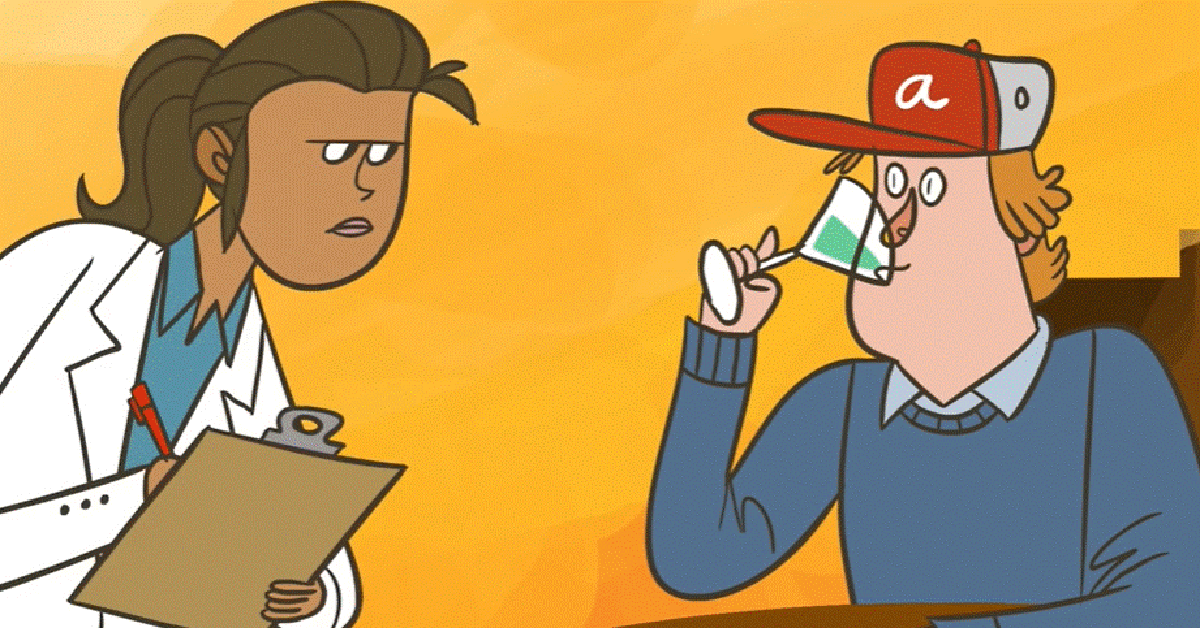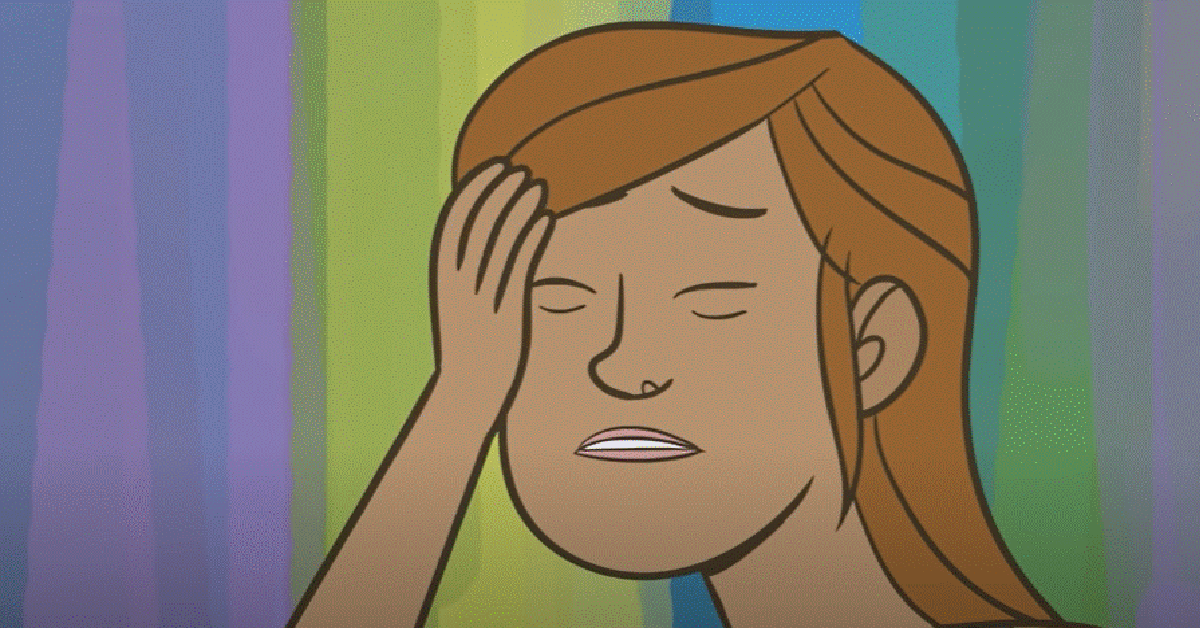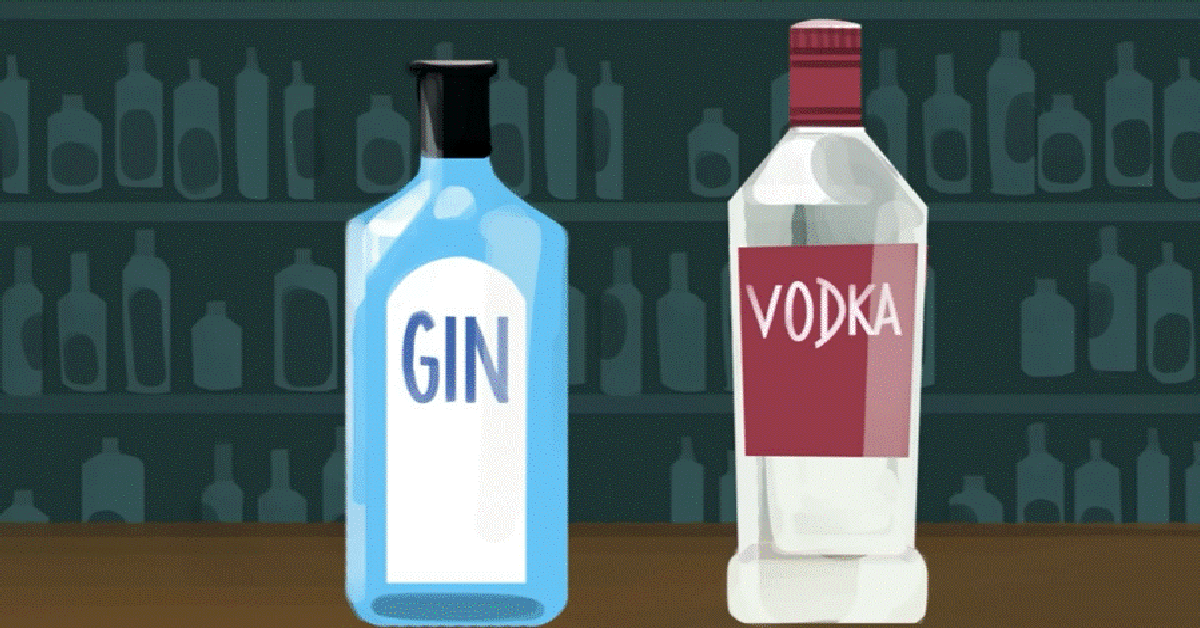It’s always fun to get together with some friends and tie one on. Of course, the fun tends to come at a cost.
Once we wake up the next morning and experience the horrific hangover, it makes us all say the same thing. Everyone wakes up the next day, says some variation of “I am never drinking again” and then they continue to go out drinking. After all, this is the circle of life.

But what if we knew more about the physiology of hangovers? Thanks to this TED-Ed lesson, we are about to learn more about this topic and it is a fascinating ride. This lesson, which is written by neuroscientist Judy Griesel and animated by Anton Bogaty, will give you a better idea of how hangovers work. Hopefully, this allows you to avoid them in the future.
Alexandra Panzer is on hand to narrate as well. “Discover how alcohol impacts your body’s processes and causes hangovers, and find out what causes the most common hangover symptoms,” the video’s description reads. The video is way more fun than that, though. Consider it a fun ride and strap yourself in. There is no way you are prepared for what you are about to see.

There is no shortage of areas for scientists to explore. They have been trying to get to the bottom of the after-effects of alcohol ever since a chimpanzee accidentally ingested some and these efforts have been tireless. They wish to understand all of the symptoms that are being caused by a wide range of spirits. The drinker’s physical attributes also contribute to the effects that they feel.
Of course, they would truly like to know if there’s a way to help folks steer clear of hangovers altogether. Since alcohol is disruptive to so many bodily processes, scientists are still at a loss when it comes to hangover avoidance.

The narrator explains: “Alcohol impacts so many of the body’s processes, throwing delicate balances off-kilter. …For example, alcohol disrupts levels of many hormones. One of those hormones is cortisol. …So the disruption in cortisol during a hangover may cause people to feel groggy or disoriented. Another hormone alcohol interferes with is vasopressin, which normally decreases the volume of urine made by the kidneys. By decreasing levels of vasopressin, alcohol causes people to pee more and become dehydrated. Dehydration can lead to thirst, dry mouth, weakness, lightheadedness, and headache.”
Check out the full video below to learn more:













